Today we are featuring Yujiro Seto, a judoka, or practitioner of judo, who practices blind judo. He competed in the men's -66kg weight class at the Tokyo 2020 Paralympic Games. Although he lost in the quarterfinals, he won the re-match to advance to the bronze medal match, where he won the medal in a magnificent performance which earned him instant victory, known as ippon. Seto, currently based at the University of Tsukuba, shares with us the allure of Tokyo experienced at the Tokyo 2020 Olympic and Paralympic Games as well as his aspirations for the Paris 2024 Paralympics.
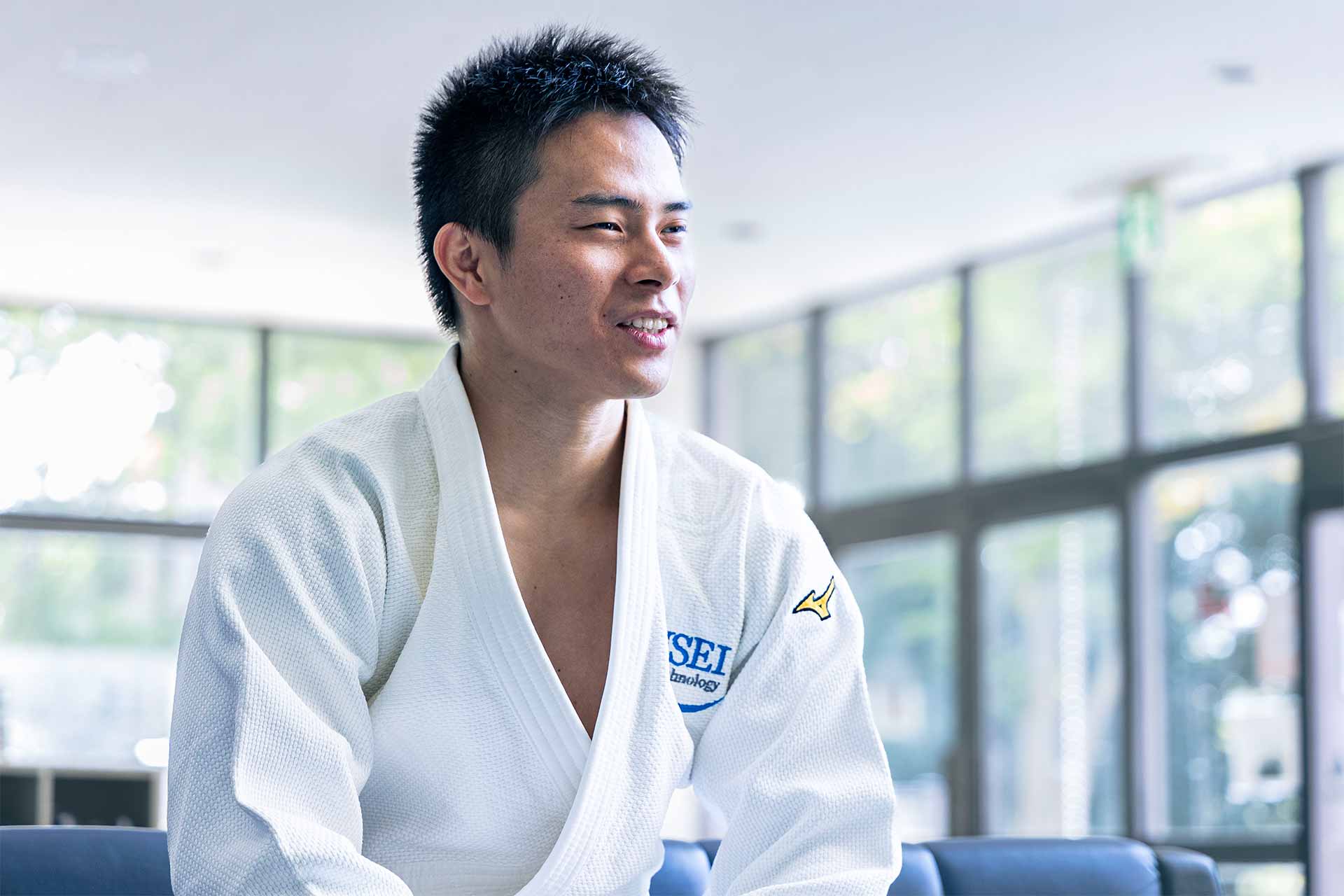
You began judo at the age of four. What got you into it?
“My older brother, who is two years older than me, had started learning judo before me. When I saw him doing judo, I asked my parents if I could do it, too—that was the beginning. I first joined a youth sports team and then continued with club activities in junior high and high school, training and competing alongside athletes with no disabilities.”
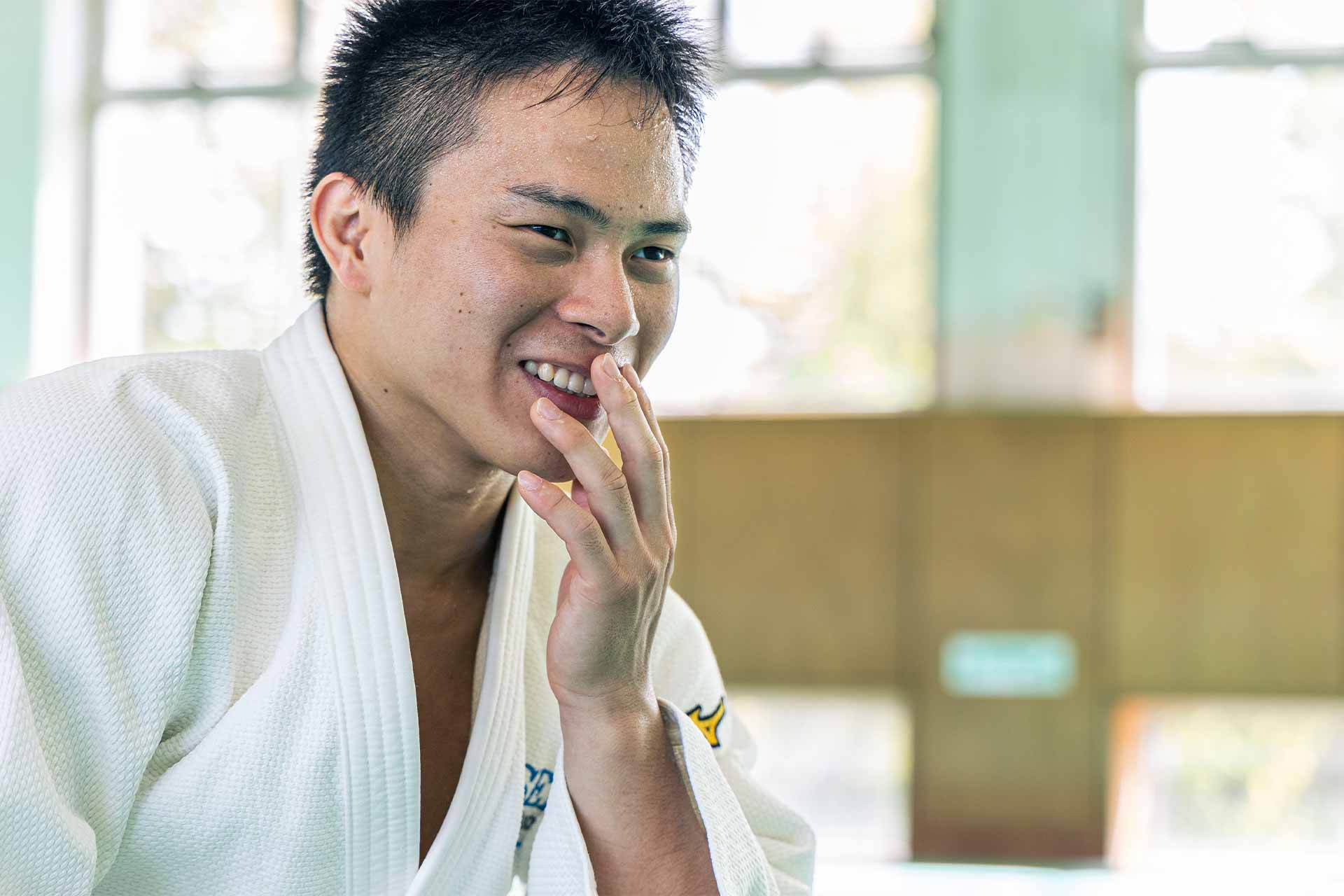
You enrolled at Fukuoka Prefecture Shuyukan Senior High School, known as one of the top preparatory schools in Fukuoka Prefecture. It was in your senior year there that you switched to blind judo.
“The turning point for me was when a newspaper article was published about me, a visually impaired athlete participating in the Kinshuki High School Judo Tournament, a national competition. After reading the article, someone from the NPO Japan Blind Judo Federation contacted my high school and invited me through my advisor. I decided to give it a try and somehow managed to win the 10th National Blind Judo Student Championships. A few months later, I competed in the All Japan Judo Championships for the Blind and Visually Impaired and placed third. Ahead of me were only two others, including Satoshi Fujimoto, a five-time medalist with three consecutive Paralympic gold medals. Ahead of me were only two others, including Satoshi Fujimoto, a five-time medalist with three consecutive Paralympic gold medals. I had been unable to achieve significant results in the tournaments for athletes without disabilities, but here I felt I could aim to be the best in Japan. I was even featured in the federation’s publicity materials as a ‘Future Paralympian!’ and started to feel that could be true. That is why I decided to commit fully to blind judo.”
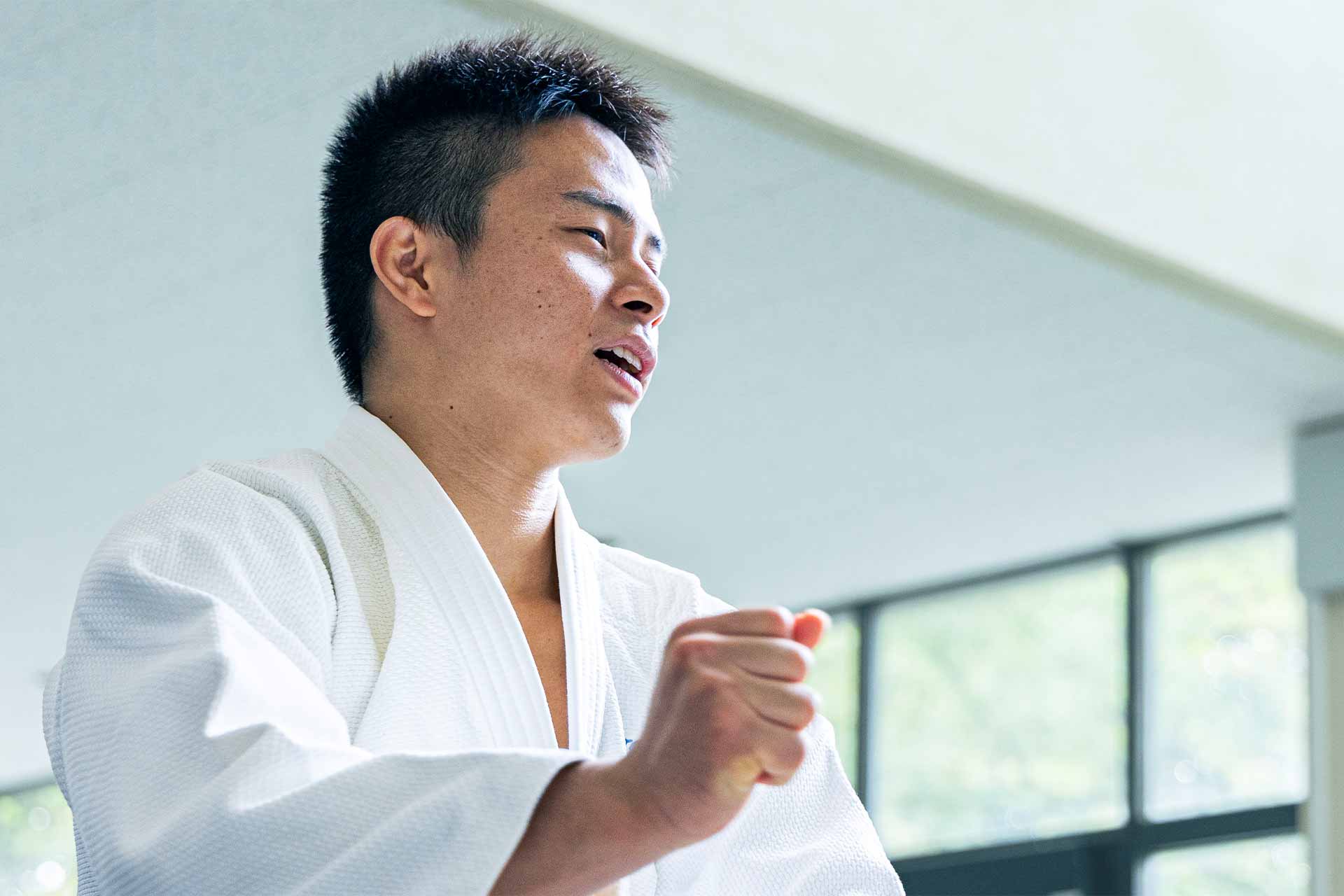
Although it is still judo, the rules are different. Did you experience any confusion?
“A significant feature of blind judo is that matches start from a grappled position. It took a while to get used to because of the unique fighting style, such as the way you start a move. What you need to work on above all else is arm strength. Since you have to keep holding your opponent’s collar, my arms would initially get extremely tense and tire quickly. Since your opponent is holding your collar as well, it makes it difficult to start a move, so it’s not uncommon for the match to turn into a stalemate.”
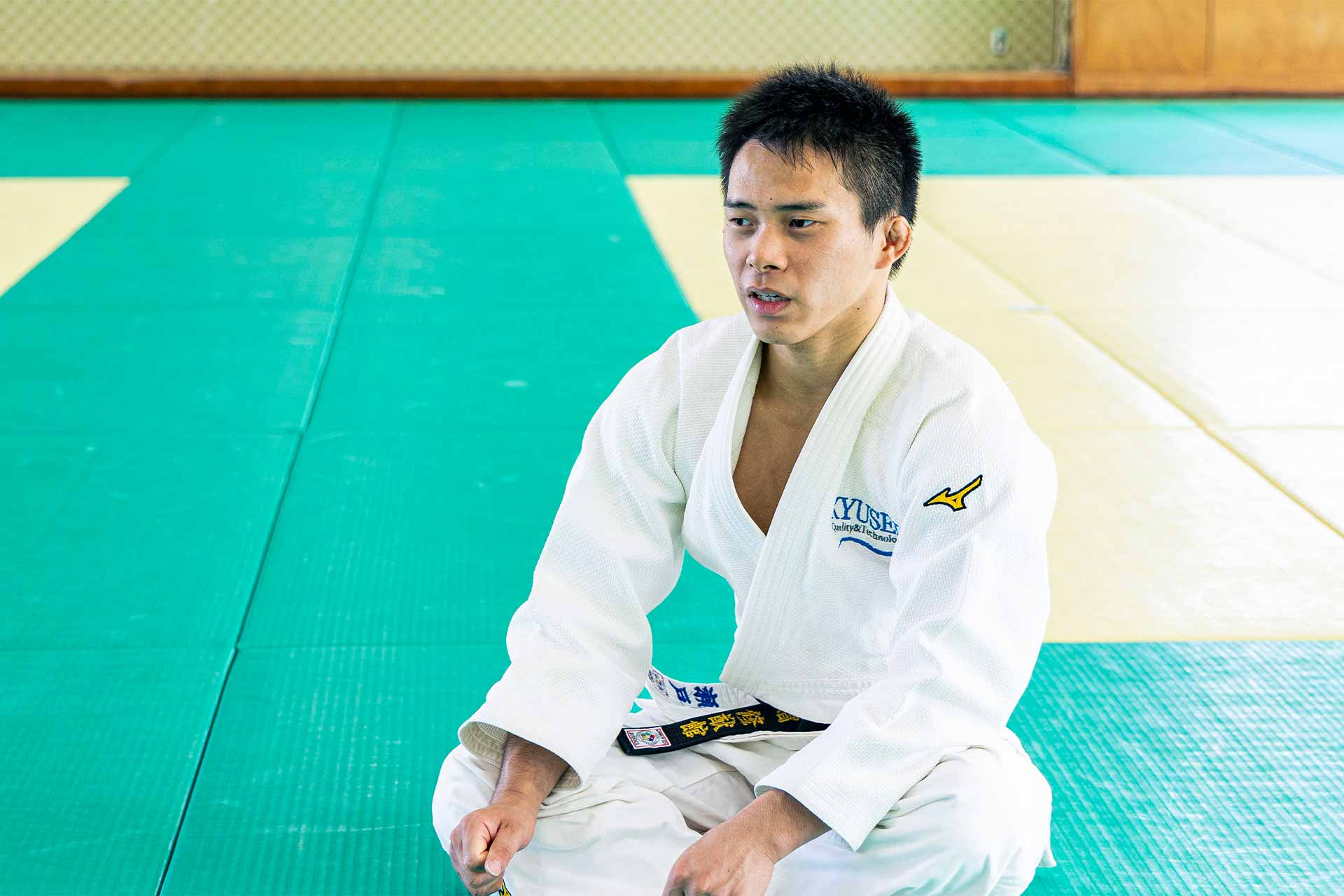
What are the highlights of a blind judo match?
“Most matches are won by ippon. It is more satisfying for both the competitors and the audience to win by an ippon, such as a shoulder throw, than by having more waza-ari or through penalties with the three shido (penalties). Instead of buying time and escaping to win, most matches are about going for ippon and being aggressive, so they are fast and powerful. I believe the compelling way these matches unfold can simply be enjoyed by all viewers.”
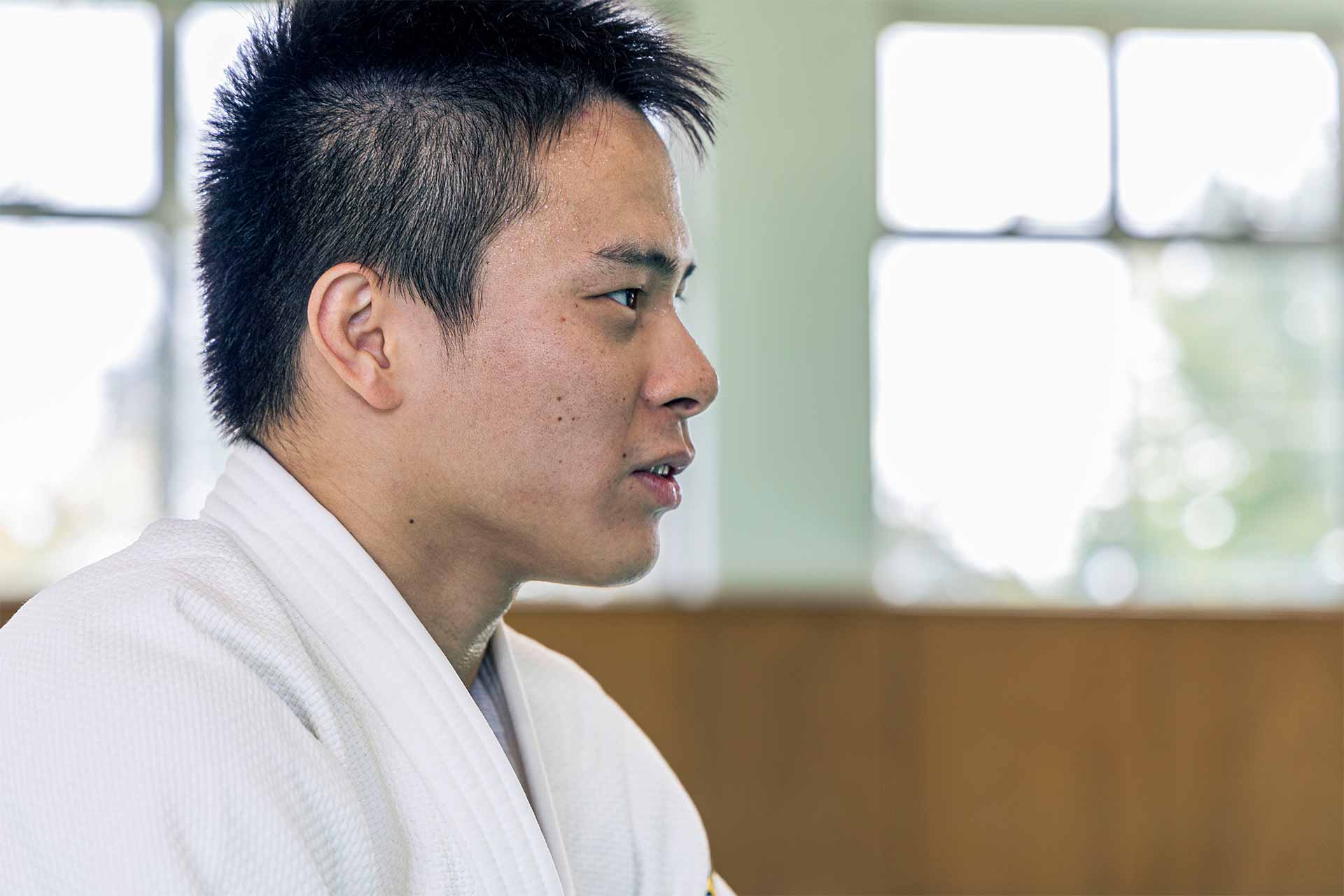
You competed in the -66kg weight class until the Tokyo 2020 Games, but then moved up to the -73kg weight class due to changes to class division rules.
“My current challenge is gaining weight now that I moved up a weight class. The top judoka in this weight class is an Iranian athlete, followed by judoka from Uzbekistan, Kazakhstan, France, and Georgia. The Paris 2024 Games are next year, and right now, I am on the cusp of qualifying. I need to win my upcoming matches while also managing my weight.”
And your goal is the gold medal, right?
"Right. During the awards ceremony at the Tokyo 2020 Games, I felt a surge of disappointment seeing the athlete next to me get the gold medal, since I wanted that gold medal so badly. However, when I returned to my hometown of Itoshima in Fukuoka Prefecture to express my gratitude for their support, everyone was genuinely delighted to see me with my bronze medal. Had it been a gold medal, they would have been even more delighted, I’m sure. That’s why this time I want to win the gold medal. I want to live up to the expectations of my family, the companies that support me, and the residents of the city who have watched over me since I was little, and give my all in the upcoming matches so that I can contribute."
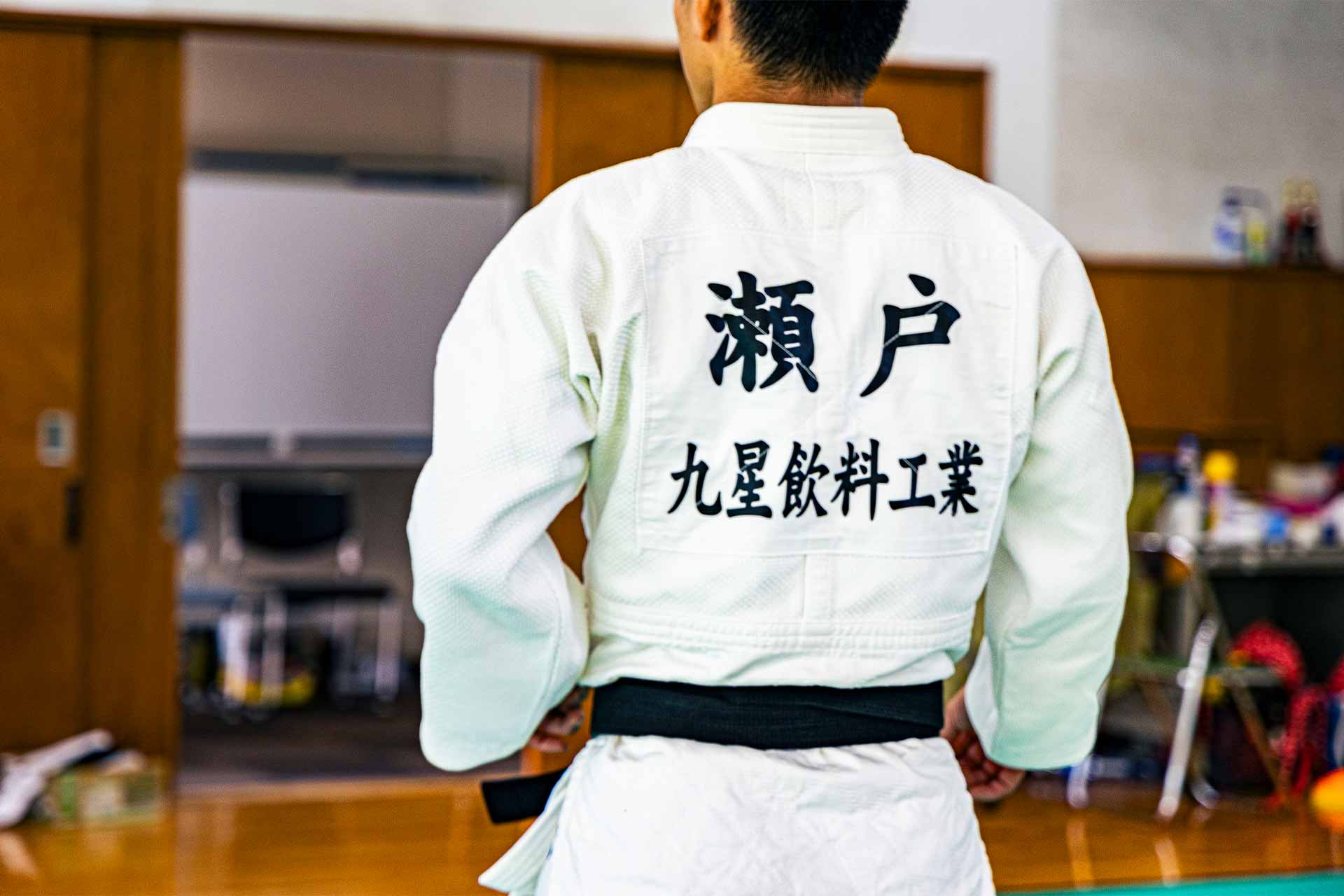
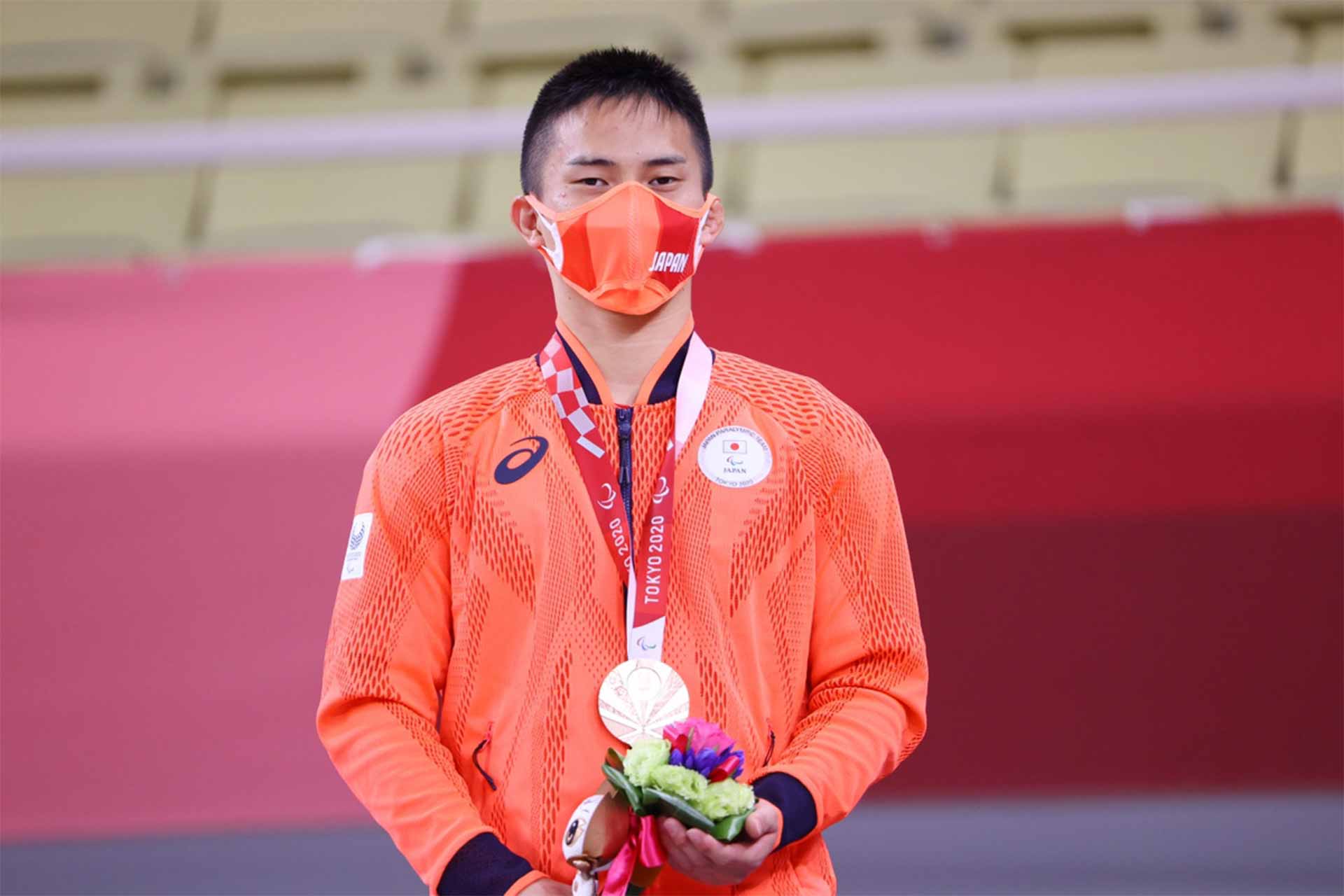
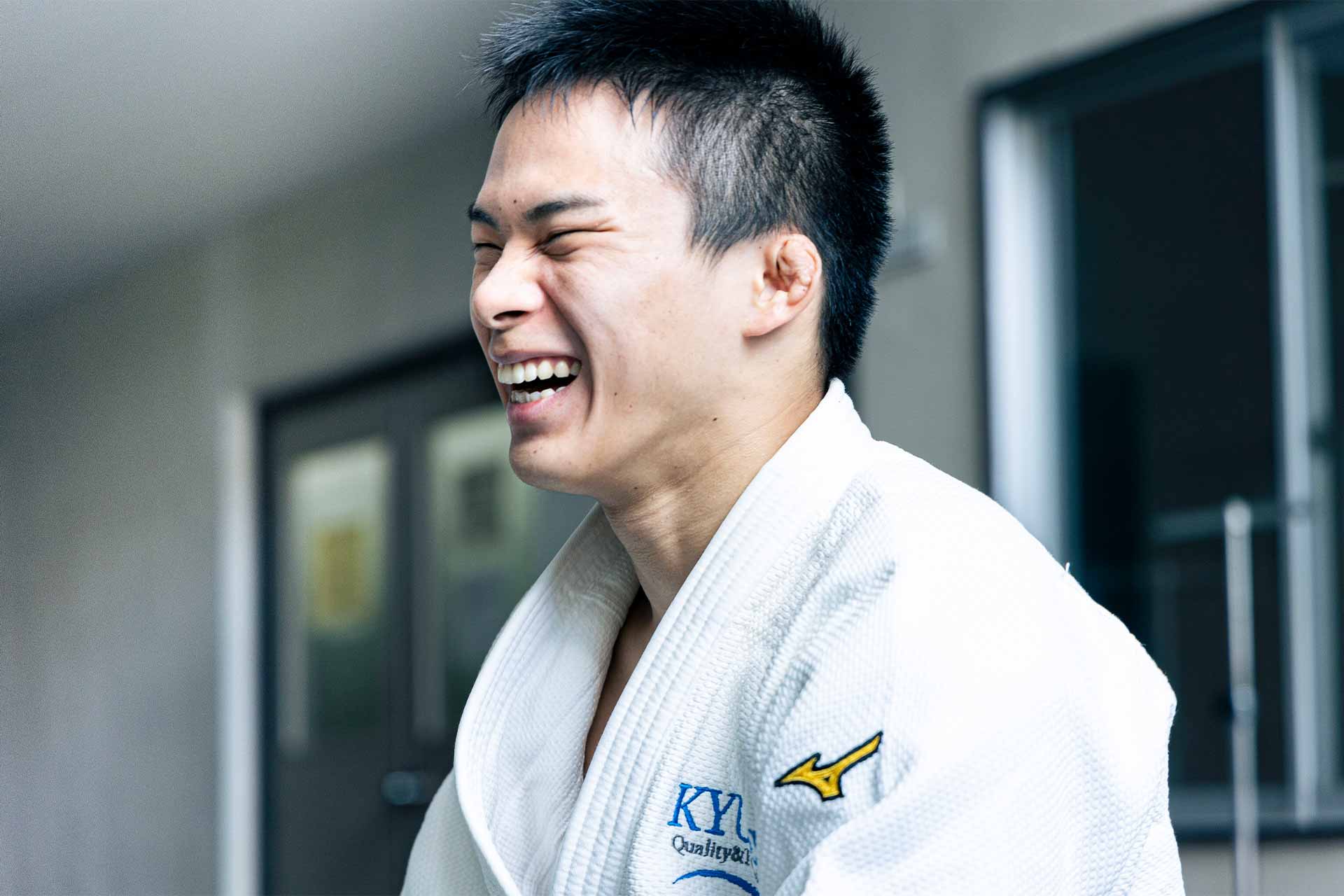
What is the appeal of the city of Tokyo from your point of view?
“From the standpoint of a visually impaired person, the streets seem to be getting more accessible, with more braille blocks and slopes. The train stations have audio directions as well, which means I can use them with peace of mind. Most importantly, I was grateful for the abundance of public transportation, such as trains and buses. Since we visually impaired people can’t drive and our ability to travel by walking is limited, being able to take the subway to watch sports, go shopping, or go out to eat is very helpful. In this sense, it was wonderful to see an environment during the Tokyo 2020 Games where athletes in wheelchairs or with white canes could move freely about the athletes’ village. It would be nice to see this in everyday life as well.”
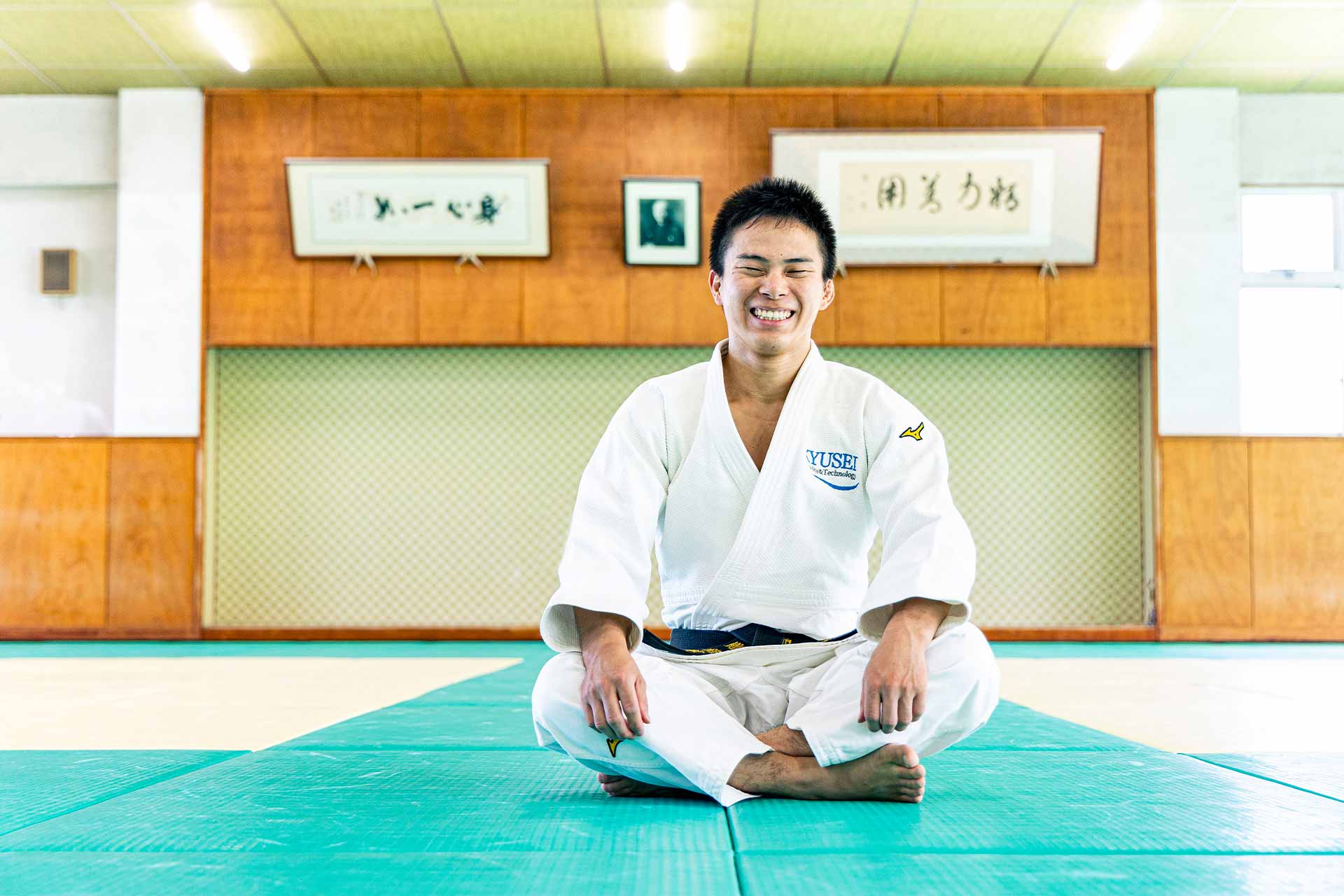
How about from a tourism standpoint?
“Personally, I like the area around the Imperial Palace, where the Nippon Budokan, the judo venue for the Tokyo 2020 Olympic and Paralympic Games, is located. It has a lot of greenery and is spacious and pleasant. Despite being in the heart of Tokyo, you can stroll or jog, and it is of course perfect for visiting historical sites and other sightseeing. It is a place where you can enjoy nature in the heart of the city and is what Tokyo is all about, so you’ll definitely want to visit.”
<Profile>
SETO Yujiro
Born in 2000 in Fukuoka Prefecture with a congenital eye disease causing weak sight and colorblindness, Yujiro Seto began judo at the age of four. In 2017, during his senior year of high school, he switched to blind judo and joined the 10th National Judo Student Championships for the Blind and Visually Impaired. He gained prominence the following year in 2018 at the 33rd All Japan Judo Championships for the Blind and Visually Impaired, by beating Satoshi Fujimoto, a three-time Paralympic gold medalist. He then gained experience in international tournaments to secure a spot in the Tokyo 2020 Paralympic Games. In August 2021, he won a bronze medal during his debut at the Tokyo 2020 Paralympic Games.